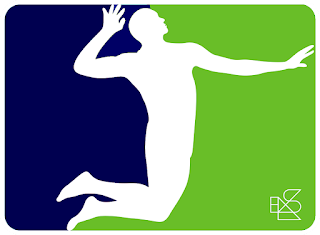Three Types of Coaching
The premise of this post is that there are three distinct types of coaching that coaches must understand and be cognizant of when they make decisions.
- Theoretical
- Practical
- Political
THEORETICAL
This type of coaching is very important. It is evidence based and analytical in nature. It looks at problems and comes up with logical solutions.
A couple of common examples in volleyball coaching are:
- Research shows it is better to land on 2 feet than one, so I will teach my players to land on two feet and correct them when they don't
- Research shows it is better to pass midline than outside your body so I will teach my players to move so they are always mid-lining the pass and correct them when they don't.
PRACTICAL
POLITICAL
Three examples of political coaching:
Timeouts
We know from research that the benefits of timeouts are questionable. But people still expect timeouts to be called and will be critical of the coach if they don't call them. So, it is politically prudent to call timeouts when people expect them. Most importantly, a coach should call a timeout when the President of the club thinks they should.
Feedback
We know from research that allowing athletes time to solve problems themselves is valuable, and that questioning athletes is a critical way for athletes to learn and retain that knowledge in the future. However, sometimes athletes, parents and club managers think that a lack of feedback is due to a coach ignoring the athlete, and that the coach could end up suspended for it.
Services
In some organisations a coach has a variety of support services available to them. Sometimes a coach might have a very low priority on some of these resources for compelling reasons. But it might be politically sensible for them to utilise the resources, even if they don't fit in with the overall program, in order to ensure managers know that they are important.
CONCLUSION
Coaching is hard.



Comments
Post a Comment